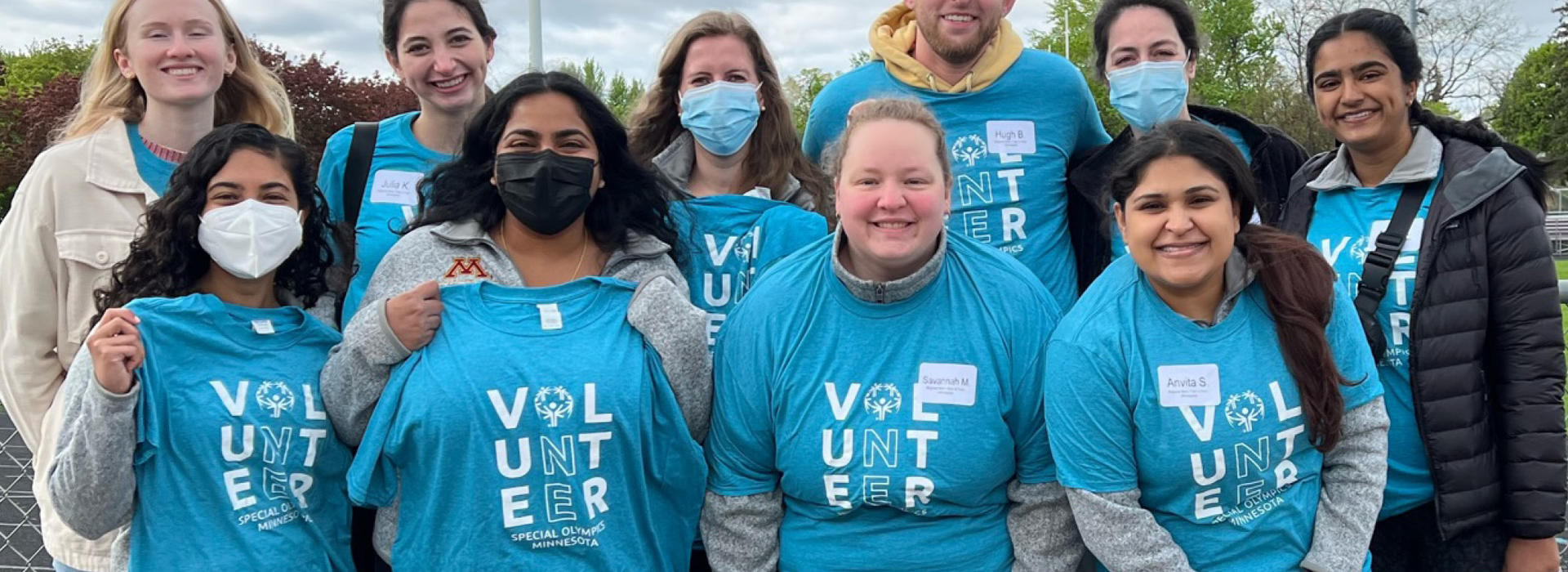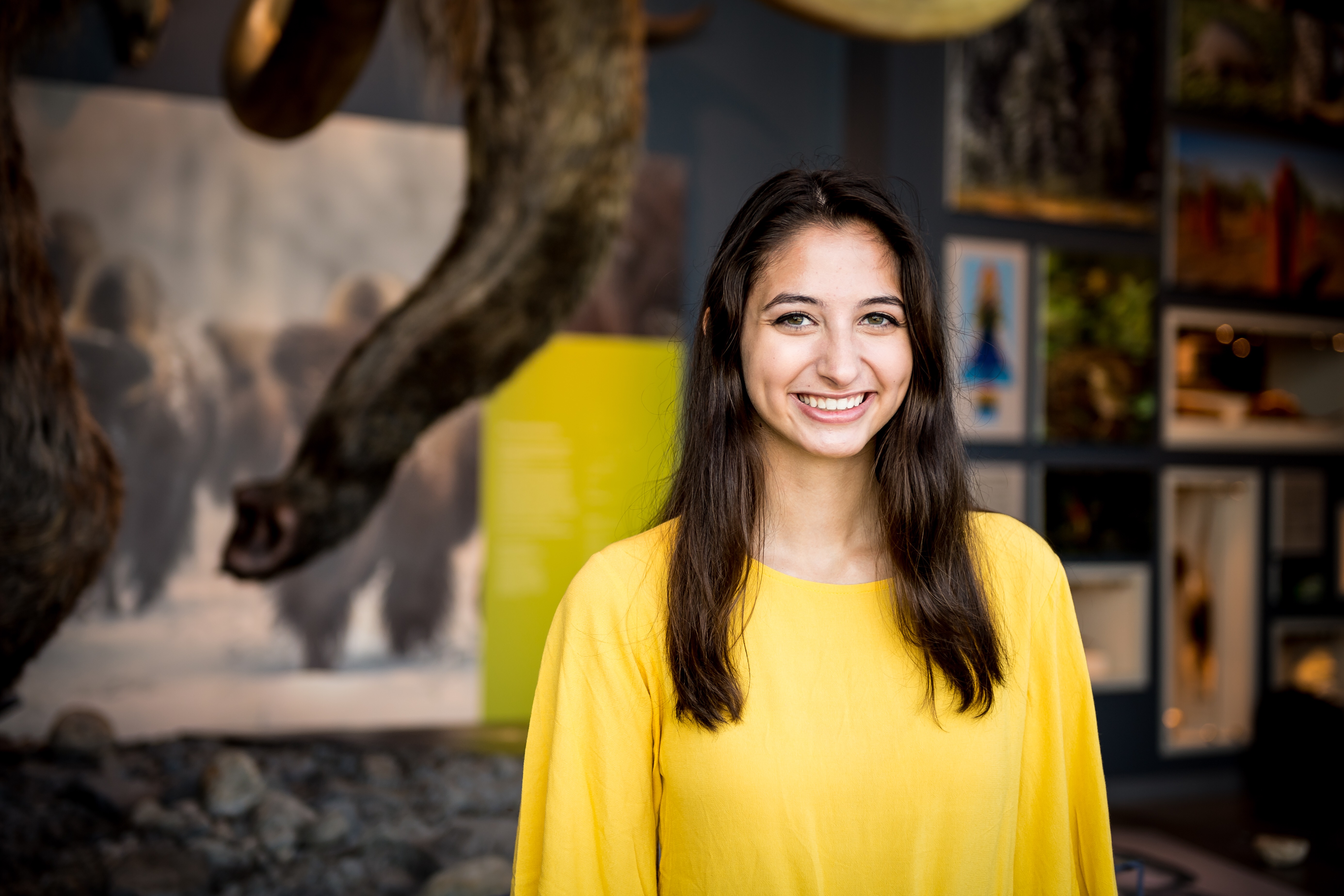
New Student Group Focuses on Neurodiversity in Medicine

Julia Klein, a first-year medical student at the University of Minnesota, started a student group called Neurodiversity in Medicine.
“The goal of this group is to cultivate and create a space of inclusion, awareness and empathy in providing exceptional care for neurodiverse patients,” Klein said. “Part of this mission is bringing educational opportunities to medical students and other health professionals and connecting with a community we hope to serve.”
Soon after starting medical school, Klein realized that she hadn’t had an in-depth discussion about Autism Spectrum Disorder or other neurodevelopmental conditions. Her realization motivated her to start the student group focused on experiential learning.
“One in 44 kids have autism or have a privilege of a diagnosis, so learning more about how we can provide informed care to patients who might have different, complex healthcare needs is important for medical students starting from even the first year.”
On June 9, the student group presented a Neurodiversity in Medicine event hosted at M Simulation, a simulated training experience for health science learners.
“For this simulation event, I was inspired by the Navigating MSP Program. This program is through the MSP airport in partnership with the Autism Society of Minnesota and Fraser,” said Klein. “The Navigating MSP Program provides an opportunity for individuals who are neurodivergent or cannot go through the airport experience and walk through what it is like to get ready for takeoff.”
Klein wanted to create a similar experience in the healthcare setting and reached out to the executive director of M Simulation, Lou Clark, PhD, MFA.
“M Simulation was very supportive of the idea, and they were great with planning and accommodations. There were a lot of special considerations that we have thought about for the participants joining us,” Klein said.
Their event aimed to create a simulated clinical experience where participants with neurodevelopmental conditions or anyone who wanted to join could come and have the whole clinical experience without it being for medical-related issues.
“The whole purpose was to explore the clinic setting to get more comfort and familiarity with it, so without having any pokes at that visit or anything that needed to get done,” said Klein.
The student group paired the participants with medical student volunteers, matching them one to one. As part of the sign-up for the participants, they had an “About Me” form for any accommodations to help inform the setting.
“The simulation center was a great hands-on experience for an event like this,” Klein observed, saying, “The Sim center staff were conscientious about different modifications and how we can make the space more accessible and adaptive for this event."
They had several planning meetings to workshop what it would look like, and they ended on something more comfortable for some individuals, specifically those with different sensory sensitivities.
“We dimmed the lights, so it wasn't so bright. We opened up and used both classroom spaces to help us have a more open floor plan. We used fixed chairs, knowing it could pose a fall risk for people with different muscle strengths or mobility considerations,” Klein explained.
The student group hopes to repeat this experience with M Simulation. Klein says it is essential for individuals with neurodevelopmental conditions to have a space for exploration at their own pace.
“It was great to use that space because I don’t think there was any other way that we could have simulated a real clinical experience aside from an actual clinic setting,” Klein said. “The simulation center was perfect for an open and quiet space that we can easily modify and accommodate for the event.”
Looking at how far Neurodiversity in Medicine has come, Klein is optimistic about where the group will go.
“Overall, our group is passionate about cultivating inclusion, awareness and empathy so that we can provide informed and equitable care for neurodiverse patients.”